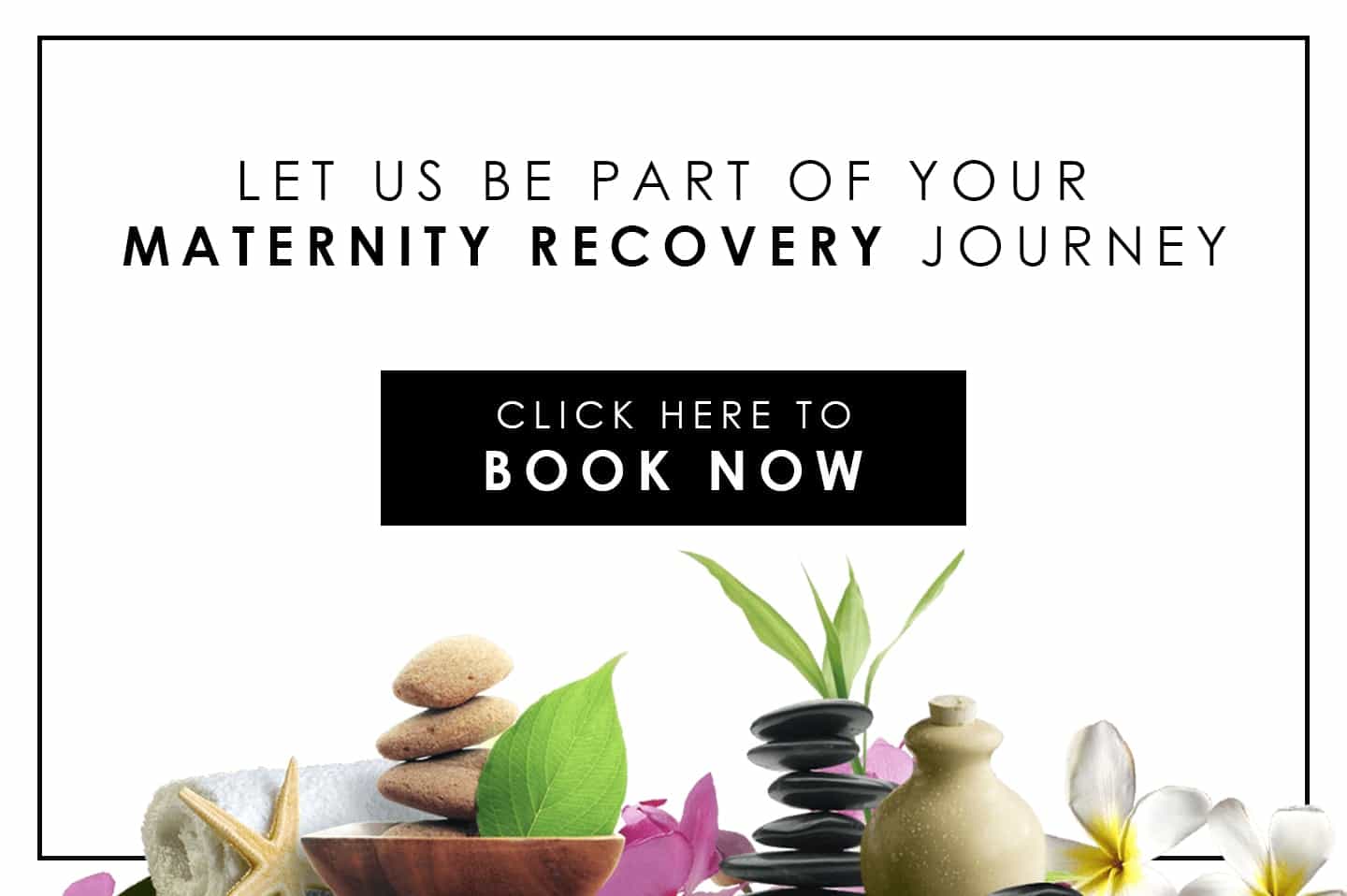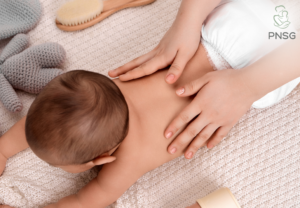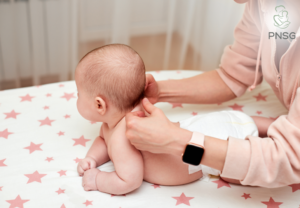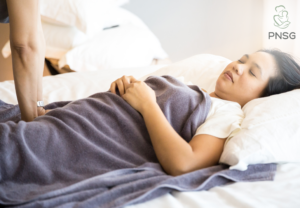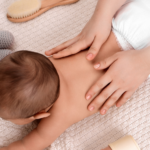7 Gambas Crescent, #09-09, Ark@Gambas, Singapore 757087 ♦ Reservation : +65 6417 9690
Here’s Why You Might Find It Hard to Lose That Water Weight
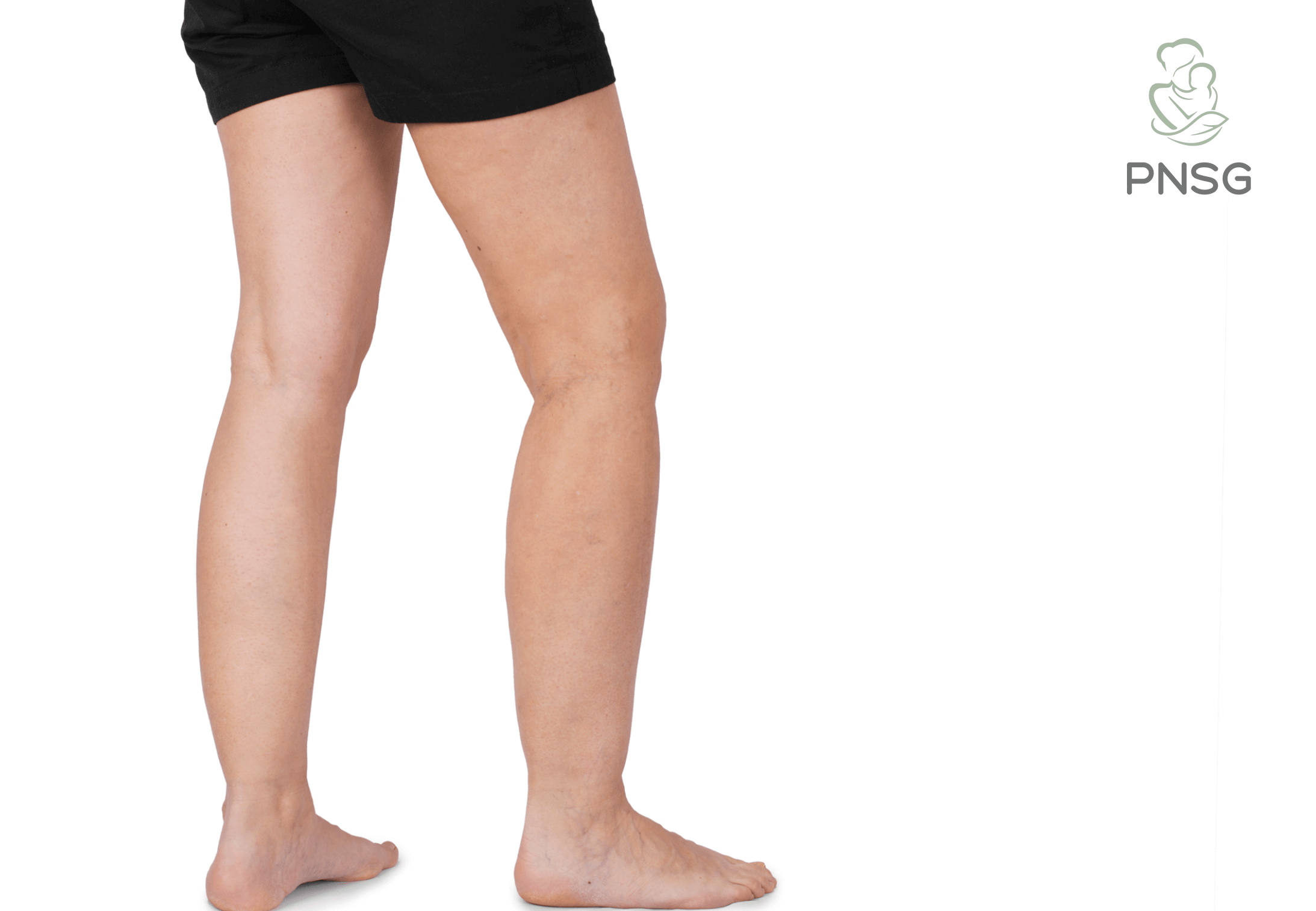
Discuss with your doctor about the types of exercise you can do, as exercise is also good for causing you to sweat. Sweating is a natural way for you to remove excess water from your body.
Pregnancy swelling often occurs when you reach the end of the second trimester, and it can be more obvious after you stand for a long period or when you consume excess caffeine or sodium.
Several factors mainly cause it; the increase in your blood supply, hormone fluctuations, and the increasing pressure of your growing baby bump. To put it simply, the circulation in your body is disrupted, causing some parts of your body to retain more water than usual and thus producing swollen effects.
For many moms, the period after giving birth can be filled with discomfort as it heals and returns to its pre-pregnancy state. One common condition many mothers face is postpartum edema, also known as postpartum water retention. This condition involves swelling, particularly in your hands and legs.
It’s hard to keep water weight at bay when it is something so natural that happens to most mothers, so the first step above it all is to acknowledge (and accept) why it happens to your body.
Postpartum water retention is a normal part of pregnancy and childbirth. As your body prepares itself for childbirth, it retains more water which will slowly dissipate after the baby is born. However, in some women, this process takes longer than usual.
Here are some probable reasons why your postpartum water weight may not be going away the way you expected:
You’re not elevating your feet as you sleep
Raising your feet on a pillow as you sleep will help your circulation. It will encourage the excess water in your extremities to be drained and not build up as you sleep.
Apart from sleeping, you can raise your feet on stools or cushions if sitting down for over half an hour.
You’re not practising the right exercises
You should be able to start doing light exercises such as walking, yoga, swimming, and cycling as soon as two weeks after giving birth.
Staying active helps your muscles to contract and relax. This muscle movement will also increase circulation around your extremities, a key step in preventing excess water build-up.
Discuss with your doctor the types of exercise you can do, as exercise is also good for causing you to sweat. Sweating is a natural way to remove excess water from your body.
You’re not drinking enough water
Contrary to popular belief, drinking water won’t worsen your water retention. In fact, it has the opposite effect. Being dehydrated can cause your body to keep more water and worsen water retention.
Ensure you always keep some water with you so you can sip from it. Apart from plain water, you can also drink milk, soy milk, juices and herbal teas, as these are considered good for women in confinement.
You’re eating too much salt
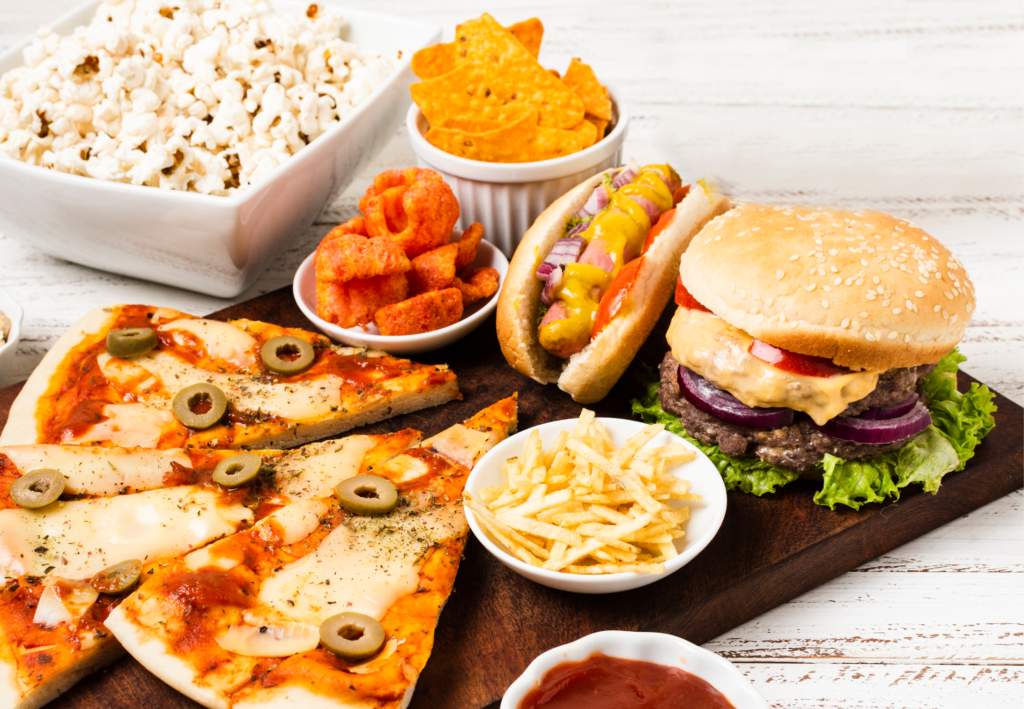
High sodium intake can worsen water retention, so try to keep your salt intake to a minimum if your swelling seems to take longer to be gone.
The main culprit here is sodium and processed foods usually have rather high sodium content. You may want to consider doing away with processed foods and keep your diet as natural as possible.
If you’d like a snack, stick to fruits, nuts and cereals without added salt or sugar.
You’re not going for a massage
Massaging is an effective way to minimize the effects of water retention as it helps bring down the swelling, especially in your extremities.
Nowadays, professional postnatal massage therapists in Singapore are specially trained to treat water retention. They even provide home massage services so that you can have a comforting and relaxing massage session in the comfort of your home.
Now, to keep the swellings at a minimal level, here are some tips that you could give a try. Remember, these should come second after you’ve practised a well-balanced diet and avoid what can worse water retention!
1. Follow the Correct Diet to Prevent Water Retention
Beyond eating more of this and more of that, it is more important to practise a well-balanced diet in general. This advice goes for many things, including treating and preventing water retention.
While you should mainly focus on your recovery and breastfeeding during the postpartum period, understandably, you might just want a basic guideline to not follow the wrong diet that may contribute to or worsen water retention.
The easiest way to start is to have a list of do’s and don’ts you can base on, so here is one:
- Drink more water
- Limit salt and sugar intake
- Have fibre-rich foods
- Avoid or reduce alcohol
- Reduce processed foods
The key is to maintain a healthy, balanced diet. Watching what you eat can definitely reduce the effects of water retention. Even if you crave some sweets, try your best to make better choices among the options you have, such as having fruits or homemade fruit juice rather than fruit-flavoured candies.
Many processed and packaged foods contain high salt and fat, which can cause your body to retain more liquid, subsequently leading to water retention. Hence, try to avoid having processed food regularly or at least watch their sodium levels. They include but are not limited to snacks, instant noodles and bacon that contain a high level of sodium. While food and vegetables that are high in potassium are helpful in reducing water retention, such as papaya, banana, avocado, kiwi and spinach.
2. Practise Exercises That Target Water Weight
Some simple exercises like yoga or swimming are good enough to keep your blood flowing. Standing in a pool for 20 minutes will reduce water retention, especially in the feet, called water immersion. Standing for a long period will cause the water to gather at the lowest part of your body, and your feet can become swollen and feel uncomfortable.
Once your water weight is gradually reducing, you can target to lose swellings from your whole body. Guess what is the most underrated form of exercise that can help you lose weight? It is…walking! If you do not yet feel physically ready to perform high-impact activities, walking is still one of the top recommended exercises you can take up any day.
3. Stand Less, Elevate More!
Sit down, stretch whenever you can, and don’t cross your leg as it reduces your circulation. Give yourself enough rest time and lie down if possible. To improve your circulation, elevate or put your leg up, which can also help reduce the swelling effects. Wear a comfortable shoe that is not tight on your ankle – not with high heels, but not completely flat.
4. Keep Yourself Hydrated
We’ve briefly touched on increasing water intake just now, but this point is extremely important and deserves its own paragraph. Did you know that you would also get swelling if you stayed under the sun for a long period? Wearing breathable natural fabrics can help to stay cool. And the other more direct way is to drink plenty of water. Always keep a water bottle on standby with you and take a sip as soon as you start feeling thirsty. It can flush the retained fluid in your body and ensure you urinate often so the unnecessary fluid won’t remain there. If you are wondering what would be the natural diuretics, you can add lemons or cucumbers to your water.
5. Massage Those Swellings Away!
Another method for you to relieve pregnancy water retention is through a massage! But a regular massage might not do. Go for a prenatal massage specifically.
First and foremost, prenatal massage can improve circulation, stimulating your body to get rid of water retention. It also promotes relaxation and reduces back pain, and not to mention it can also significantly reduce pregnancy swellings with reduced water retention. Massage relieves all body aches, like back and lower hip pain and leg cramps.
If you are wondering how to get rid of water retention while pregnant without travelling far, you can simply book a massage and enjoy the relaxation at your comfortable home.
Closing Words
Water retention after birth may be uncomfortable, but it will eventually recede as time passes. You can help the process happen faster with simple lifestyle changes that make you feel better.
After this, we’d advise you not to Google terms like “water retention pregnancy” or “water retention 3 months postpartum”, but swing by our homepage instead for a professionally trained and experienced masseuse to help you with a traditional massage that will help with water retention.

